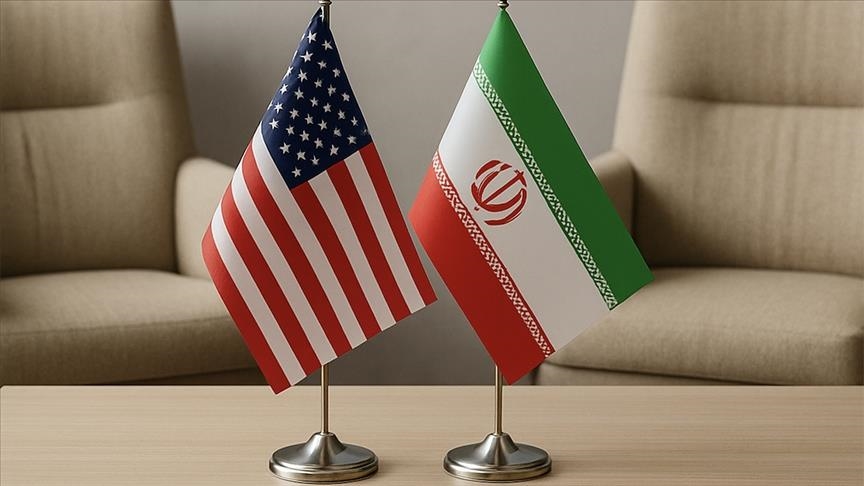Iran Postpones Technical Talks with U.S. Amid Renewed Nuclear Negotiations
The planned technical consultations between Iran and the U.S. were rescheduled for Saturday, April 26—the same day the third round of broader nuclear talks is set to be held in Muscat under Omani mediation.

By Ahora Qadi
ERBIL (Kurdistan 24) – Iran’s Foreign Ministry announced on Tuesday the postponement of technical-level discussions with the United States, originally scheduled for Wednesday, as part of broader efforts to revive stalled negotiations over Tehran’s nuclear program.
Ministry spokesperson Esmail Baghaei confirmed that, upon a proposal from Oman and with the agreement of both delegations, the planned technical consultations between Iran and the U.S. were rescheduled for Saturday, April 26—the same day the third round of broader nuclear talks is set to be held in Muscat under Omani mediation.
Renewed momentum in diplomatic backchannels
Since April 12, Iran and the United States have engaged in two rounds of indirect talks, the first in Muscat and the second in Rome. Officials from both sides have signaled incremental progress on narrowing longstanding differences over the future of Iran’s nuclear activities and the broader regional security equation.
Saturday’s meeting in Muscat will be led by Iranian Deputy Foreign Minister Abbas Araghchi and U.S. Special Envoy Steve Whitkoff. The round is expected to build on previous discussions aimed at formulating a roadmap for de-escalation and potential agreement.
First high-level engagement since 2018 withdrawal
This series of talks marks the first substantive engagement between the two sides since U.S. President Donald Trump unilaterally withdrew from the 2015 Joint Comprehensive Plan of Action (JCPOA) in 2018. The landmark accord had sought to impose strict limits on Iran’s nuclear program in exchange for sanctions relief.
Following the U.S. withdrawal, Trump reimposed sweeping economic sanctions on Tehran. In response, Iran began to gradually roll back its compliance with the JCPOA’s core provisions, heightening regional tensions and concerns over nuclear proliferation.
Trump’s return and renewed ‘maximum pressure’
Since returning to office in January, President Trump has reinstated his administration’s “maximum pressure” strategy toward Tehran while simultaneously urging Iranian leaders to return to the negotiating table. According to U.S. officials, Trump has also warned of potential military action should diplomacy fail to produce results.
Despite the heightened rhetoric, both parties have so far committed to the diplomatic track, with Oman playing a key mediating role in facilitating quiet but crucial conversations between the longtime adversaries.
The outcome of Saturday’s third round of talks may offer clearer indications of whether the renewed diplomatic overtures can pave the way for a revised agreement—or if the specter of confrontation will again loom over the region.